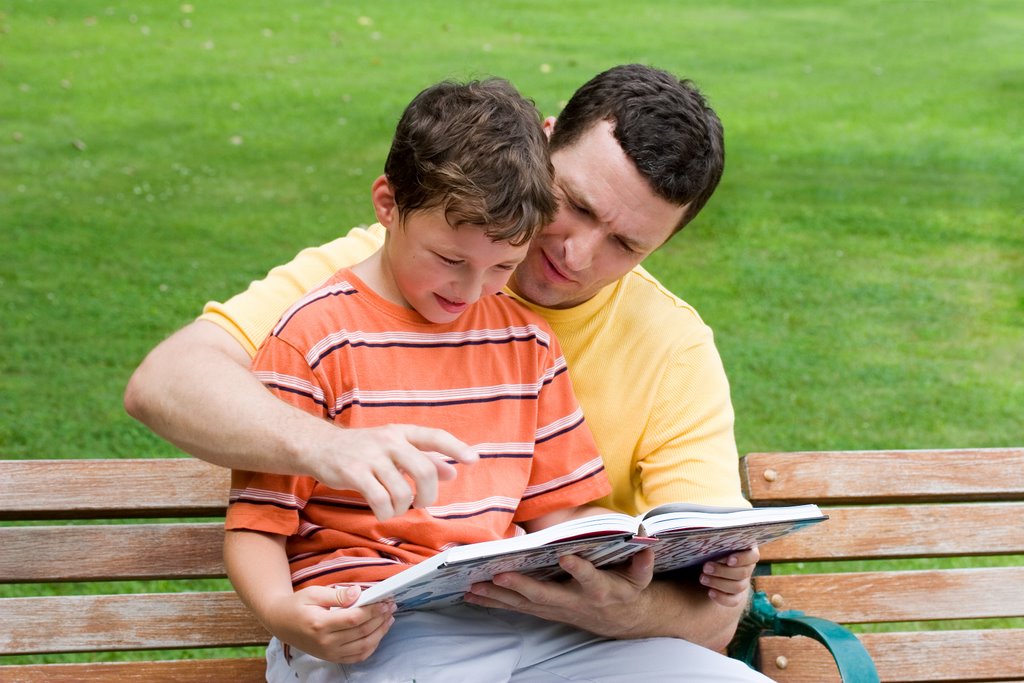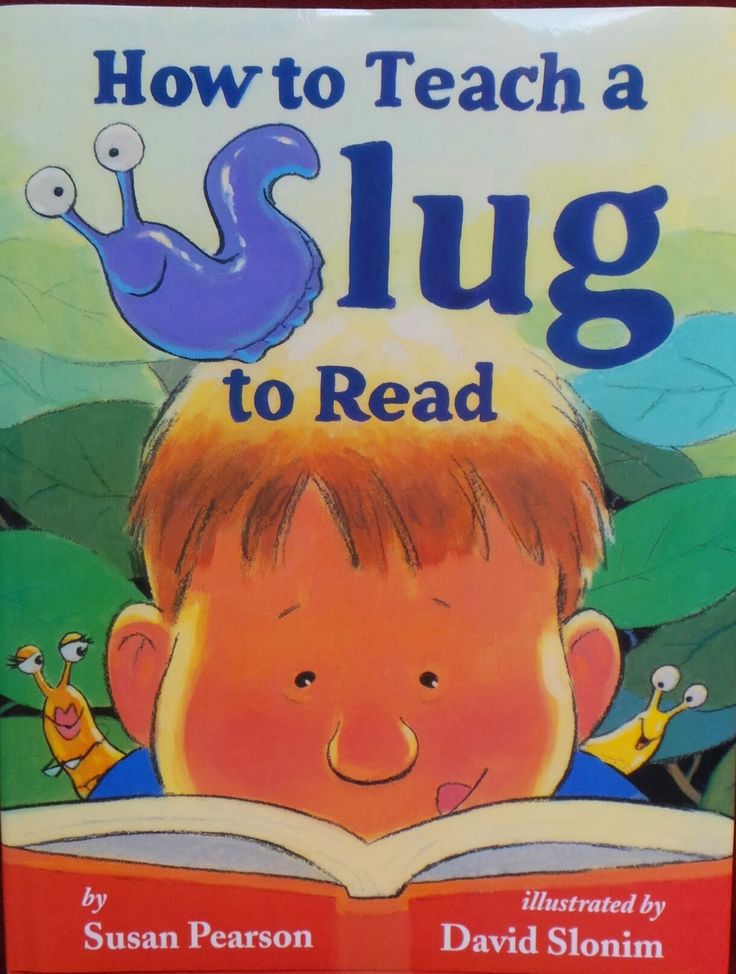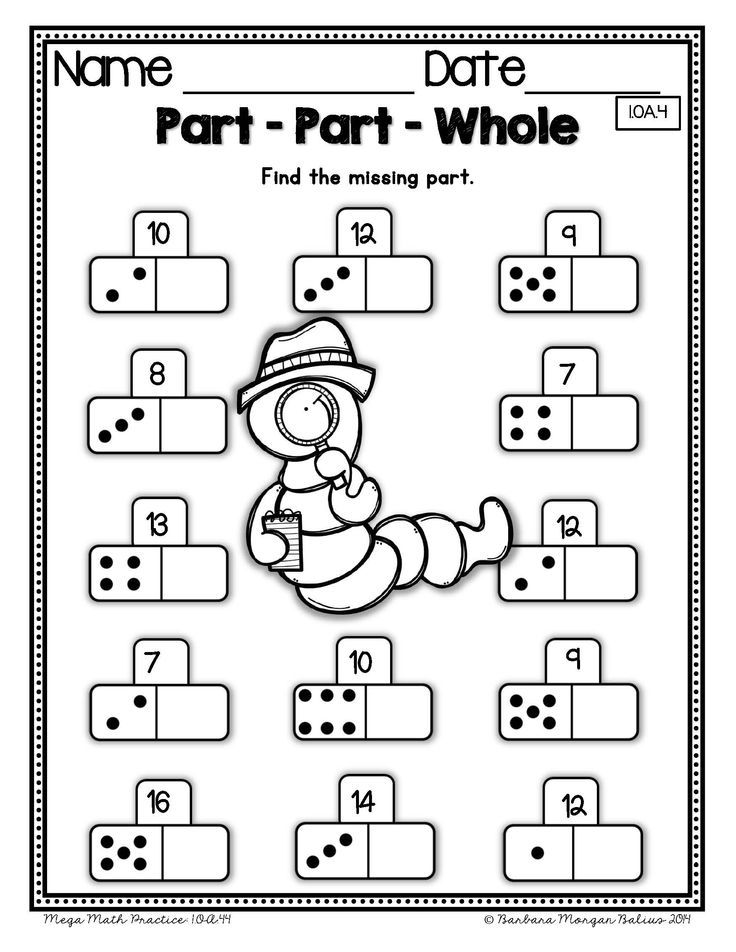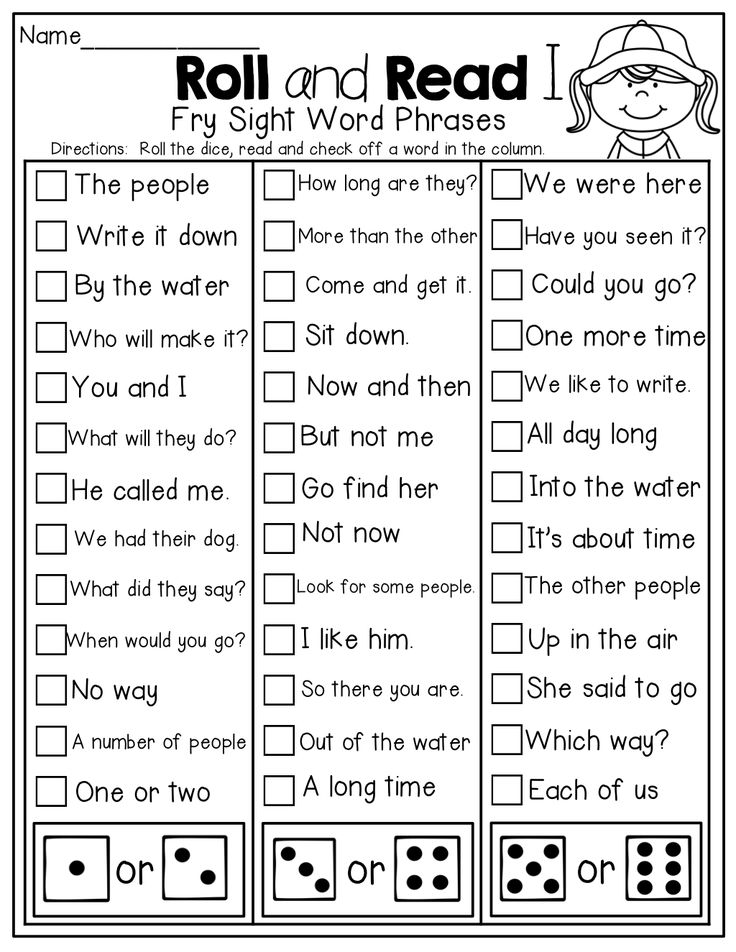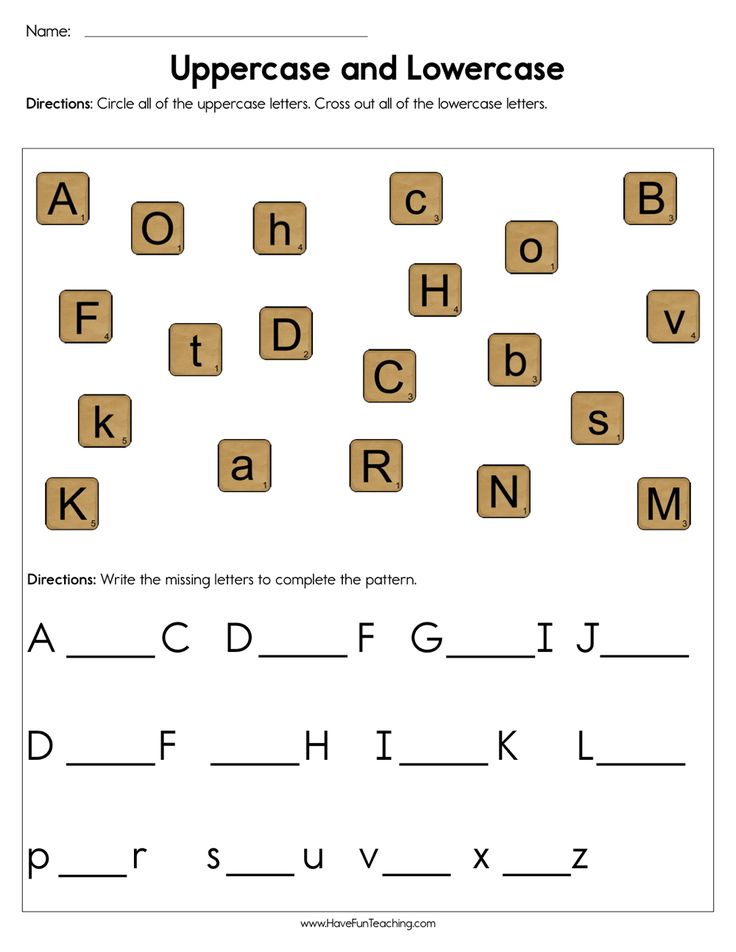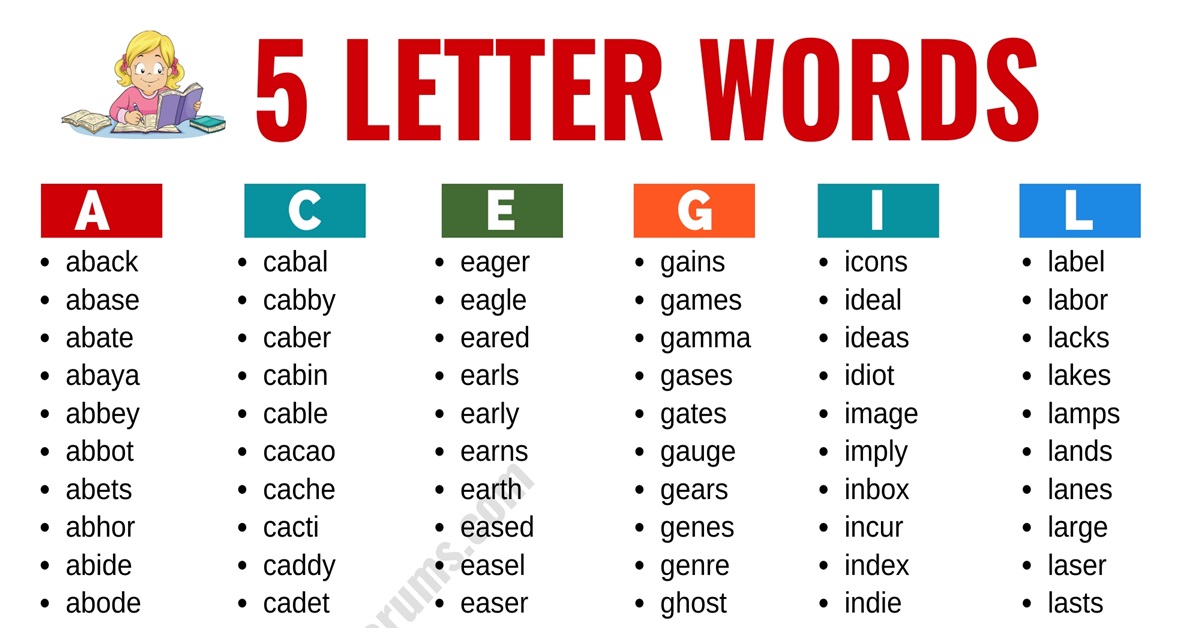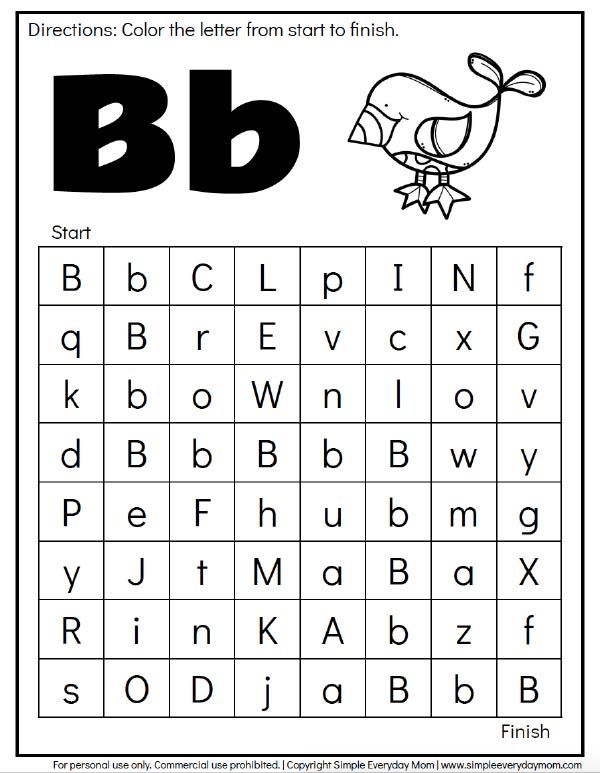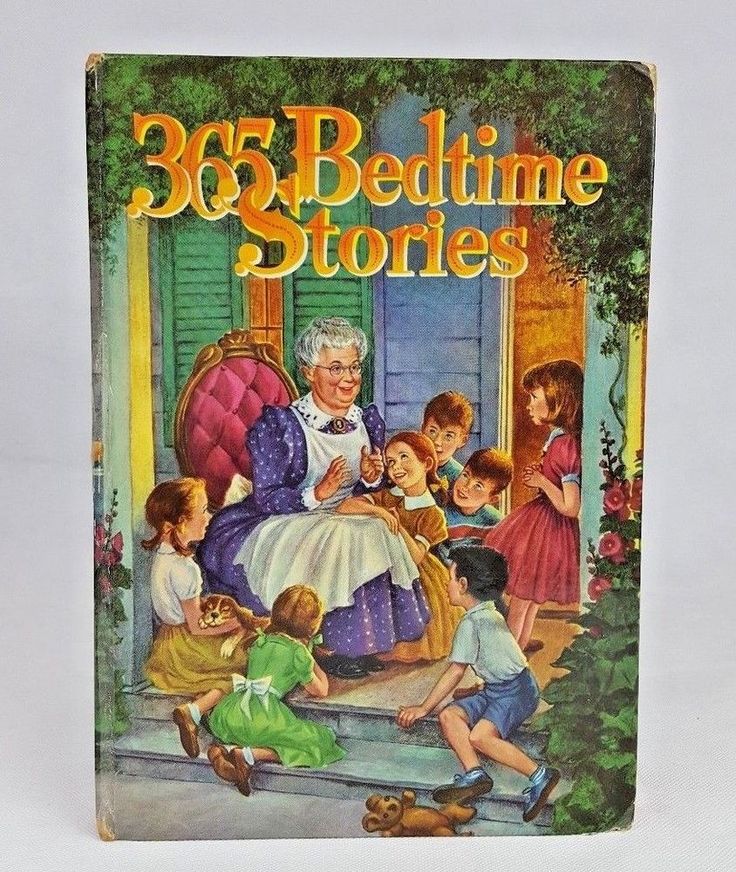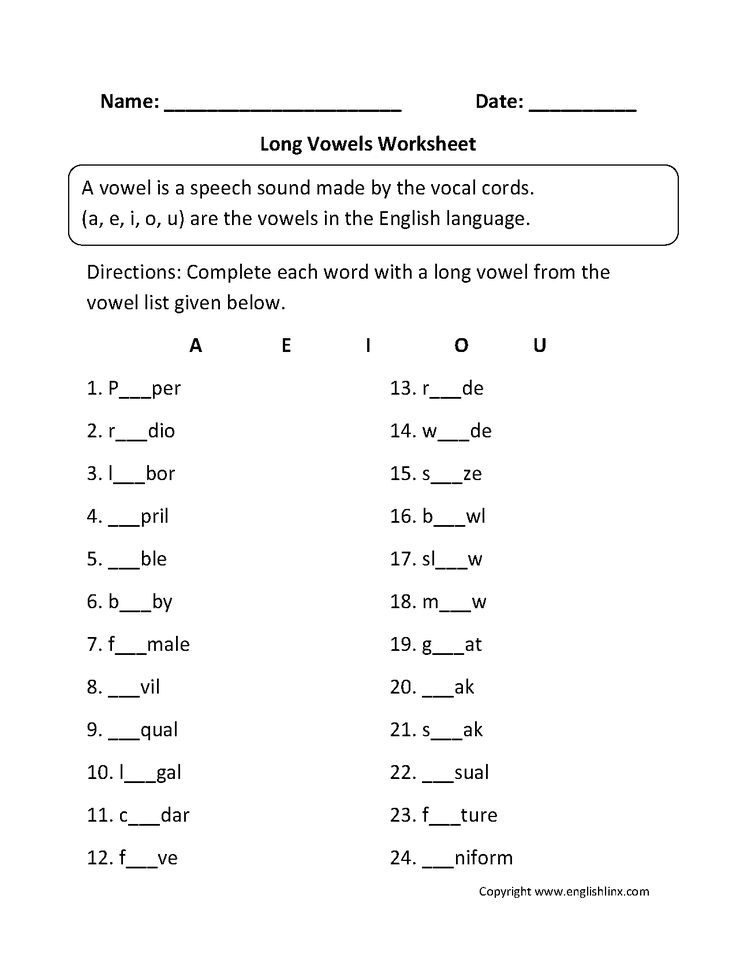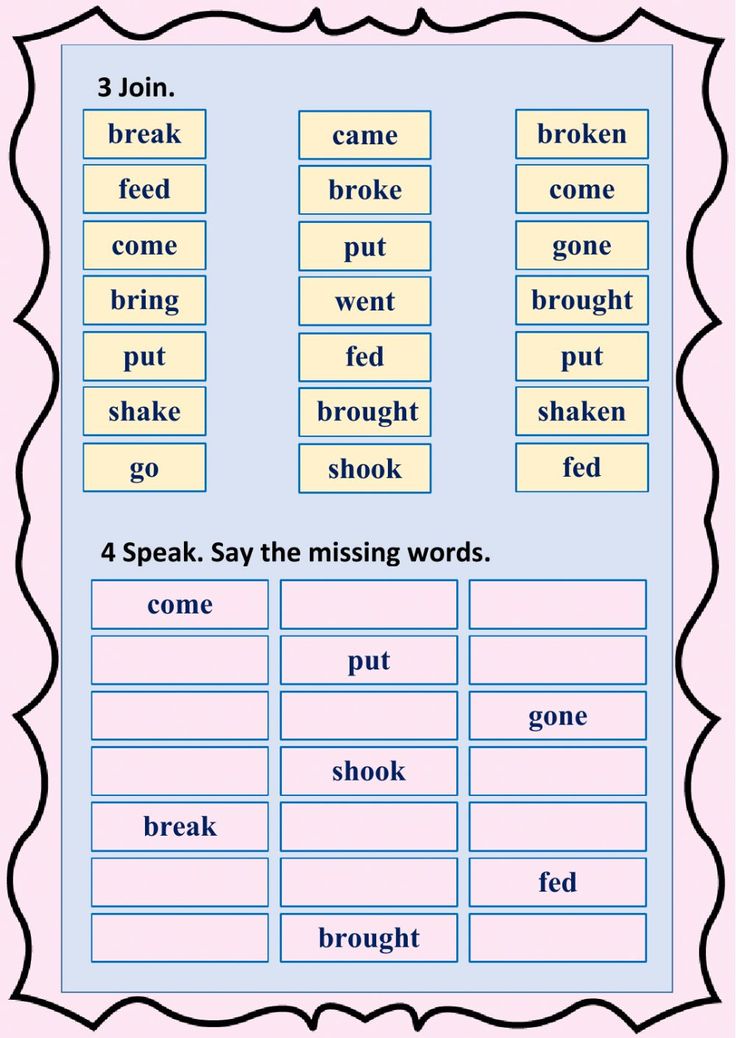Dad reading to child
Why reading with Dad matters
Credit: iStock.com/monkeybusinessimages
Fathers who read to their children at home are having a unique impact on their child’s language development as they grow, Australian research has found.
The research from the Murdoch Children’s Research Institute (MCRI) has opened the book on how children’s language development is influenced by the involvement of their dad.
Researchers found that when fathers read to their children at home, the child’s language development increased as they grew older.
The study, using data from the Let’s Read study that was funded by the Australian Research Council involving 405 two-parent families, asked mothers and fathers about their reading habits with their children. It focused on reading habits when toddlers were two years old, and then assessed each child’s language and literacy abilities when they were four.
The results found fathers who read to their children at age two predicted better language development at age four.
Postdoctoral research fellow at the Murdoch Children’s Research Institute and Melbourne University lead author Dr Jon Quach says the team wanted to understand the role of fathers’ early home reading practices on their child’s language and literacy development.
Despite the recognised importance of the home environment in promoting child development, there has been very limited longitudinal research that has examined the role of fathers in promoting language and literacy development.
Fathers are an important part of families and the wider research suggests that getting all adults involved in a child’s reading can enhance their development.
Dr Jon Quach
Dr Quach says the research fills the blank pages on the role of fathers in supporting the language development of children.
He says the findings remained even after taking into consideration parent income, employment and education levels, as well as mothers’ reading practices.
“Maternal shared reading practices do predict literacy, but fathers’ contributions were previously less certain.
“Research has clearly demonstrated that getting more adults to read to children more often, can help promote a child’s development.
“We found that fathers’ reading at two years promoted better language development for children by age four, but not literacy.
“This suggests fathers have a unique contribution to make to their child’s language development through their reading interactions.”
Dr Quach says more research was required because it’s unclear exactly why fathers’ efforts in reading to their child are directly impacting on their language development.
“This may be because parents in the same household are reading the same books, but that the different ways in which they read has further helped child language development. Adults all tend to read books differently, such as focusing on different words, pronouncing things differently or emphasising different parts of the story. All these differences help children understand the different ways they can use language.
Adults all tend to read books differently, such as focusing on different words, pronouncing things differently or emphasising different parts of the story. All these differences help children understand the different ways they can use language.
“There is some research which suggests fathers are more likely to scaffold children’s reading, which means they divide the reading in to smaller sections to enable the child to better understand the sections. However, mothers can also do this. Therefore, further studies are required which observe parents reading, to understand what the differences are, if any.”
The study findings suggested that it may not be reading that influences language and literacy outcomes, but how shared reading is done.
“We suggested that it may not be as simple as getting parents to read more to their children, but rather ensuring the quality and frequency of reading is appropriate,” Dr Quach says.
“This would require helping parents understand the best ways to read to their children which promotes better child development. ”
”
Dr Quach says there may be benefit in considering father focused literacy promotion programs.
“Fathers are an important part of families and the wider research suggests that getting all adults involved in a child’s reading can enhance their development.
“At present, programs are not targeted at fathers to enable them to gain the understanding and skills required to conduct high quality reading interactions with their children.
“These programs could use current resources and services which father’s currently access, such as father’s parenting groups and online resources i.e. Raising Children Network.”
Reading with Dad is So Much Fun!
June 3, 2019 | Reading Aloud
With Father’s Day quickly approaching, Raising Readers celebrates all of the dads, step-dads, uncles, and grandads, who play an integral part in their little one’s literacy development.
Reading is an essential activity that is linked to children’s cognitive development, academic success, and employment later in life. Children are interested in reading and will mimic child-adult reading routines. We know mothers have a big role to play; however, research shows that reading with dad and father-figures is particularly influential in children’s language and literacy development. A father’s positive involvement with their children is not just good for the children, but it benefits the fathers, too.
Children are interested in reading and will mimic child-adult reading routines. We know mothers have a big role to play; however, research shows that reading with dad and father-figures is particularly influential in children’s language and literacy development. A father’s positive involvement with their children is not just good for the children, but it benefits the fathers, too.
Here are some interesting facts about children who routinely enjoy reading with dad:
- Children feel nurtured, supported, engaged and will have more advanced vocabularies and communication skills. They will likely be more prepared to begin school and perform well throughout their school years.
- Dads take stories to another level when they act out actions in the book and make exciting comparisons to things they have experienced together.
- Bedtime stories are relaxing for both the child and father. Research shows that muscle tension and heart rate decreases within six minutes of turning the pages.

- Increased confidence, self-esteem, better father-child relationship, and increased engagement with learning are all results of reading with dad.
Research reveals that routinely reading to children starting at birth is beneficial. Ninety percent of Millennial and Generation X Dads say that parenting is their greatest joy! As a result, it’s estimated that these generations spend forty percent more time with their children than previous generations.
If you’re a dad (or anyone who has a special child in your life), here are some fun ways you can support a child’s literacy:
- Read every day in a relaxing and quiet location.
- Tell stories about your youth and activities you enjoy doing.
- Sing nursery rhymes or jingles.
- Talk about your child’s day. This improves conversation and creates narratives which are linked to better reading skills.
- Check out books with photography and talk about the pictures.
- Create games that use letters, words, or problem-solving.
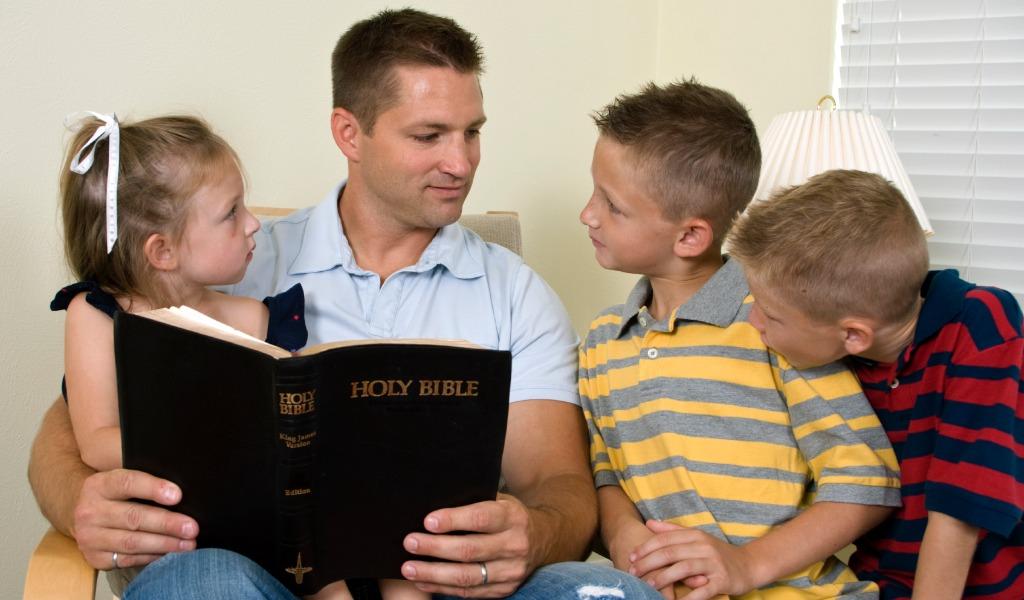
- Read the same book multiple times. Your child will take pride in learning the story and tell you what is happening on each page.
- Let your child pick out the story that interests them.
- Read to your children even if you do not share a residence with them. You can read over the phone, through FaceTime, or even record stories for when you are away. You could even create your own podcast!
- Visit the library and participate in the many activities that are available in your community.
There are so many resources available to provide some great reads for dads and their children, like this list of 8 Books About Daddy Your Toddler Will Love. These board books are all about spending loving and fun time with dad.
Raising Readers’ website provides a complete list of the books distributed; this is a great selection of books for your infant/toddler/preschool children.
We salute all of the dads and father-figures who read aloud to children.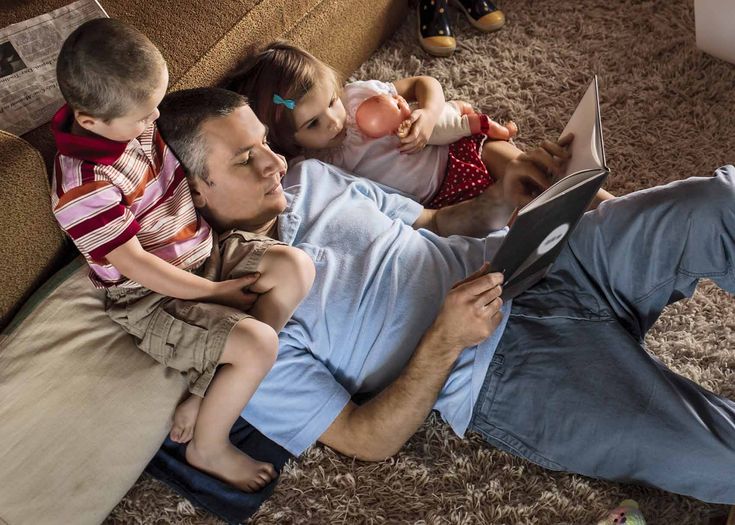 Happy Father’s Day! We hope you can rest, relax and enjoy your family on your special day.
Happy Father’s Day! We hope you can rest, relax and enjoy your family on your special day.
We read to children: you can't do without a dad!
Interesting
We read to children: you can’t do without a dad!
June 9, 2017 7 653 views
Leyla Sazontova
The fact that children need to read from a very young age does not need to be explained to anyone. Today we will talk about why dads should do this and give advice on how to arrange family reading in the best way.
Dads are creative people (yes, we are serious!)
Not so long ago, The Daily Telegraph reported that bedtime stories for children are best read not to mothers, but to fathers. This conclusion was reached by American scientists from Harvard University, dealing with the development of the child.
Reading books has a beneficial effect on the child's thinking and speech. However, according to experts, the participation of mothers and fathers in this process affects babies in different ways.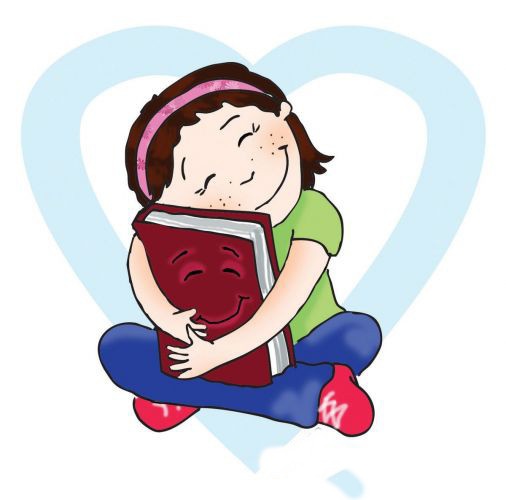 It turned out that fairy tales performed by the father affect the child much more effectively.
It turned out that fairy tales performed by the father affect the child much more effectively.
According to specialist Elizabeth Duursma, who conducted the study, during this period of his development, the baby is just beginning to learn about the world and perceives everything especially keenly. Therefore, such reading of fairy tales by the father will only benefit him. From reading, children memorize new words and expressions. In addition, fairy tales greatly develop memory, which has a beneficial effect on the future development of the child during the beginning of schooling.
Elizabeth writes that men and women approach reading differently. While women ask more fact-based questions, such as "How many apples do you see?", men ask more abstract questions. They may say, “Oh look! Stairs! Remember when I brought the ladder in my truck?" Duursma noted. This fact, according to the researcher, leads to the fact that the father's reading of children allows the child to learn new, more complex vocabulary, which neither mom nor dad use in everyday life.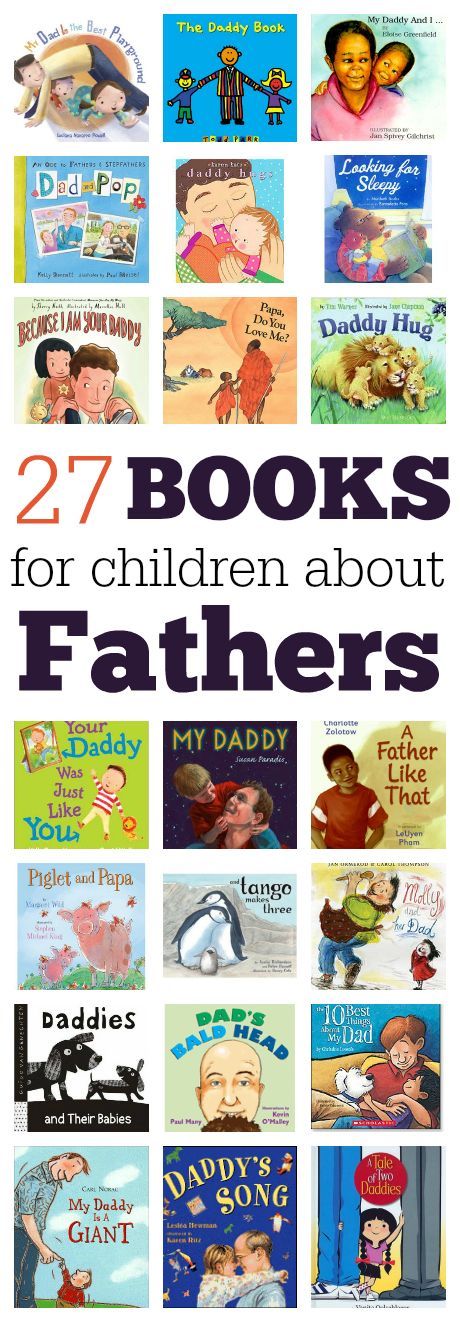
But that's not all. Psychologists say that fathers are more creative in reading books, which makes children think actively, and this positively affects their development. In addition, when faced with problematic moments (for example, fears) in literature, mothers try to calm their children and promise that this will never happen to them.
Pasha and Dad: the best book for family reading
Most recently, a wonderful book "Pasha and Dad" was published in MIF. It consists of twenty funny and touching stories that will teach a child about friendship, love for loved ones, kindness, openness and curiosity.
The book helps parents find a way out of any situation. For example, dad's ideas suggest how to behave if the child does not want to wash his hair, eat dinner, go to kindergarten or clean up.
Another value of the book is that it is ideal for dad to read aloud to a child. This is facilitated by both the stated theme and the choice of characters. It is dad who plays a huge role in Pasha's life and understands him like no other. Stories about the warm relationship of the characters will help dads to become closer to their children and spend more time with them.
It is dad who plays a huge role in Pasha's life and understands him like no other. Stories about the warm relationship of the characters will help dads to become closer to their children and spend more time with them.
In addition, a dad from a book can be a great role model for both children and dads and moms. After all, every parent wants to be a witty and resourceful friend for their child.
Pasha and his dad also collected valuable advice from various books. They share them in postcards.
From the book "Creative Education"
From the book "Child's Trial"
From the book "Emotional Intelligence of the Child"
Fathers of the MYTH read to children
MYTH dads, of course, know about the benefits of books, so they read to their children. And here's how it happens.
Artyom Stepanov, CEO, father of two:
— My eldest son (he will soon be five years old) I read every day before going to bed. Usually he chooses the book himself.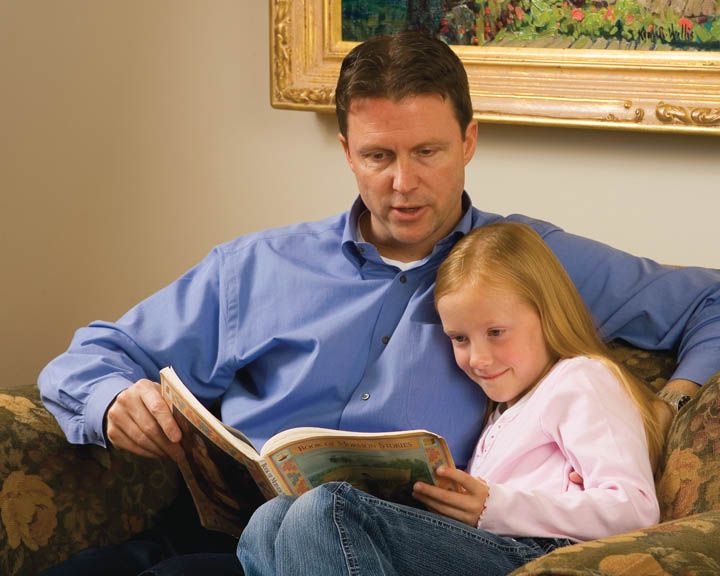 We re-read a lot of things: The Gruffalo, Petson and Findus, Cheburashka and Gena the Crocodile, Carlson Who Lives on the Roof, The Wizard of Oz and even The Lord of the Ring. Of the MIF books, Matvey really liked the Lion's Lessons. He learned it by heart, as well as the series about the Mouse. He was simply delighted with these books.
We re-read a lot of things: The Gruffalo, Petson and Findus, Cheburashka and Gena the Crocodile, Carlson Who Lives on the Roof, The Wizard of Oz and even The Lord of the Ring. Of the MIF books, Matvey really liked the Lion's Lessons. He learned it by heart, as well as the series about the Mouse. He was simply delighted with these books.
Dmitry Utrobin, commercial director, father of four:
— We read with our children before going to bed, and for me this is primarily an occasion to chat with my daughters in the evenings, tied to a certain time interval. It’s easier for me to do this through a book than through feeding dolls in a game. In our family, books that dad chooses are read by dad, books that mom chose are read by mom. A year ago, my daughter Lesya memorized all our baby books from the 4 letter series. When Lesya was two years old, our favorite books to read were the books about the Mouse, "Who Came Later?" and "Look!" cards.
Why a fairy tale is more useful when dad reads it :: Shtuchka Publishing House
Article by Elizabeth Duursma, Senior Lecturer in Early Literacy Development at the University of Wollongong, Australia.
My father left school at 16 to get his first job. He never graduated from high school, but if he did go to university, he would have studied literature. He adored literature and native speech, especially poetry.
Father ate books one by one and read to me and my brother every evening. To this day, I remain grateful to him for the love of books and the word that he instilled in me and my brother.
While 20 years ago fathers would have been embarrassed to even roll a stroller down the street, today it is no surprise when fathers take their children to the grocery store, to the playground and to doctor's appointments. However, when it comes to reading books to children, most men - and women too - still believe that this is not part of the father's responsibilities.
In most families, it is mothers who read to their children the most. A recent study by British charity Booktrust found that mothers are 50% more likely to read to their children than fathers. According to this study, 42% of mothers read to their babies daily: by comparison, only 29% of fathers did the same. Fathers were more likely to read to children of preschool age and older, but even those who were already five years old were read daily by 75% of mothers and only 60% of fathers.
Whereas in the past the father was considered primarily the breadwinner and head of the family, today dads are trying to spend more time with their children and participate in the direct care of the child, including feeding and putting to bed. We know that such participation is uniquely beneficial for various aspects of a child's development. When a father plays an active role in a child's daily activities and routine, the child is less likely to grow up to be a "difficult" child, socializes more easily, and performs better in school.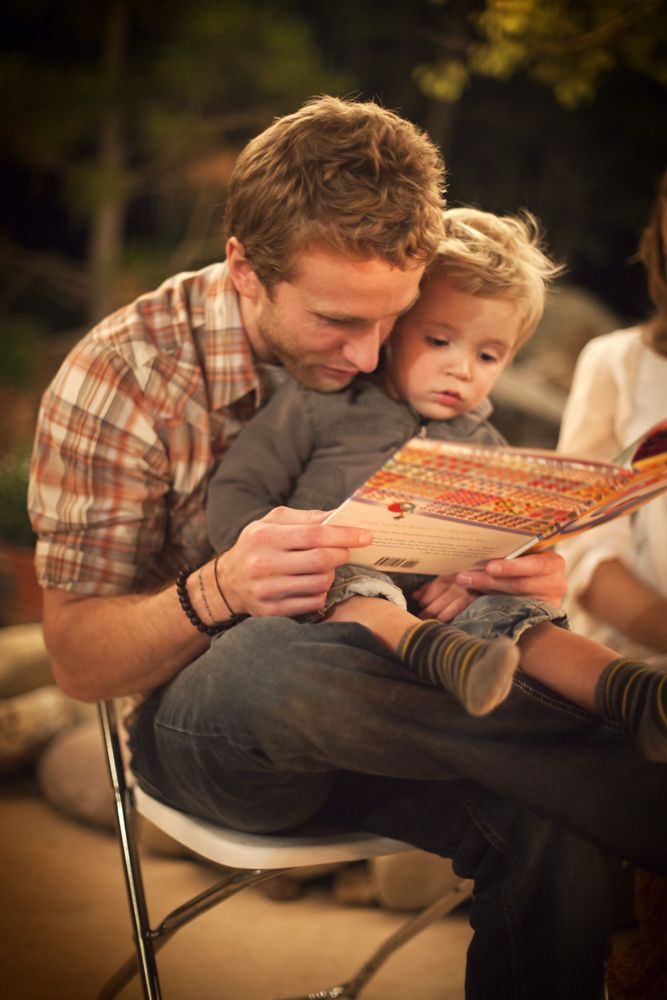
In our own study of 500 low-income fathers, we found that if a father often reads to his child from the first days of life, this has a strong impact on his language ability a year later and his literacy skills two more years later. These results surprised us greatly.
What struck us even more was that reading books by mothers did not have the same strong effect on the development of the child. So what's so special about what dads read to their kids?
Looking more closely at what was happening during the reading, we found that the popes used more abstract and complex concepts.
When reading a book to their child, they often drew parallels between the events in the book and the child's own experience. For example, if the book talked about stairs, many fathers mentioned the last time they climbed the ladder to the roof or used it at work. Moms didn't do it. The mothers mostly focused on what was happening in the book and often asked the children to name or count some objects or identify colors.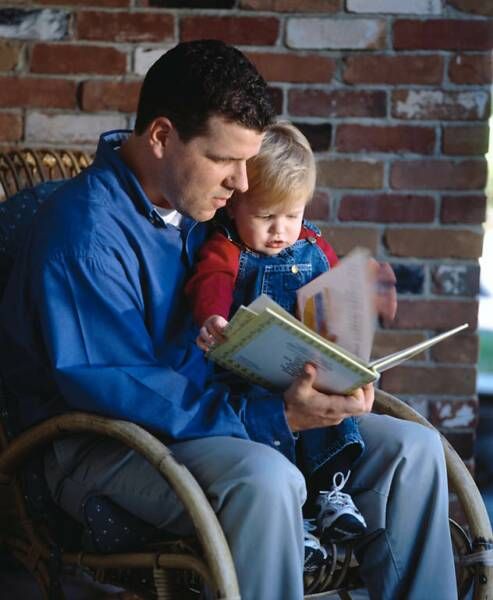
It turns out that by reading, dads in a different way, in their own unique style, contribute to the development of the child. Fathers are often praised when they play aggressive, "manly" games with their children, and such activities are actually good for children.
However, given how many children today, especially boys, do not read well, it is important to involve as many fathers as possible in reading together. Often parents do not even realize how much children learn from the behavior of their parents.
Watching a father reading a book, a child learns a very clear idea that dad is interested in spending time with him, moreover, dad also involves the child in one of the most useful and beneficial activities that contribute to his development.
Reading together not only helps children develop language and cognitive skills and improve literacy, it also strengthens relationships. At the end of a long day, what could be better than listening to dad read a funny book about stupid monsters before bed! Reading books is such a thing that you can do anywhere and anytime: in line at the supermarket, at the reception at the clinic, on the beach and, of course, at home.